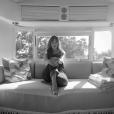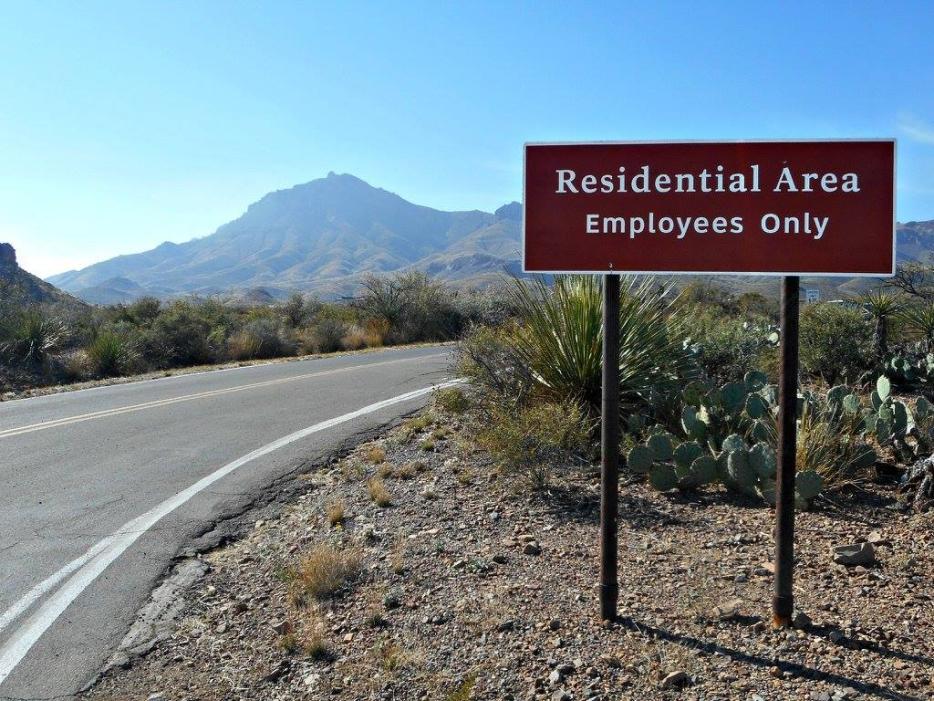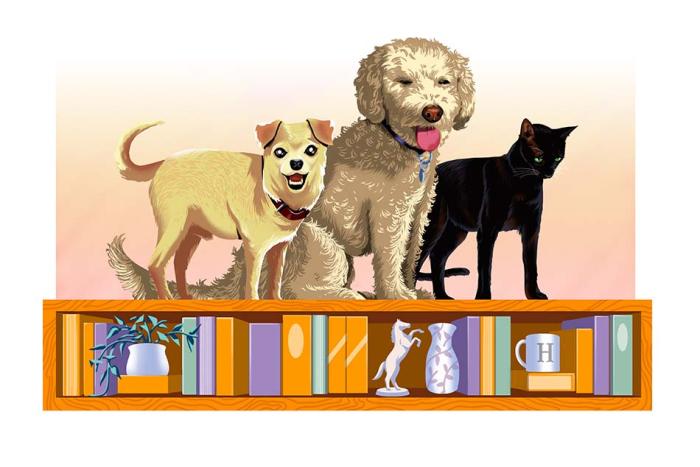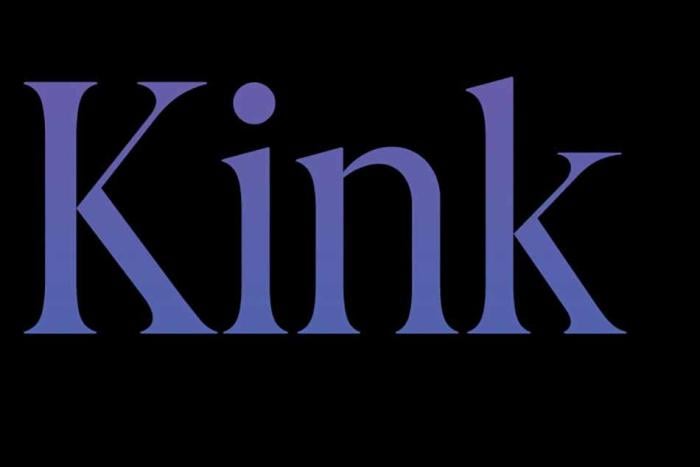I saw the tin foil on the windows of the trailer as I climbed the rusty, metal steps to the door. It was unlocked. Inside, it was dark and dusty. The smell of propane hung in the air. There was an ominous quality to the stained corduroy couch, a sense that something poisonous lay dormant in its cushions. A hulking, nonfunctional CRT television rested in the corner. In one bedroom, there was a pile of used mattresses. In the other, an empty box spring, wood panelling, a garbage bag of clothing. The soles of my sandals stuck and peeled away from the linoleum as I walked to the kitchen. When I opened a cabinet, a flurry of meaty brown spiders withdrew from the light, sandwiching themselves between stacked plates.
I thought of my boyfriend, 900 miles away in Colorado. I thought of friends from college, friends from high school, people who had settled in cities and towns. People who were not out here alone in West Texas. There was no one to blame but myself for how lonely I felt. I had chosen this. I had wanted it. I had moved here on purpose.
I went outside and stood in the dirt. The sky darkened—one of the darkest skies in North America. The stars came out. I went inside. The lights worked, a small mercy.
That night, a pack of javelinas crawled beneath the bedroom I’d chosen and scraped at the thin layer of floor that separated us, their screams and skunk-like scent just inches away. I shined a flashlight into the living room and caught hundreds of pairs of bright blue-green eyes looking back at me. Wolf spiders, I would later learn, have retroreflective tissue in their eyes that makes them glow. When I ran the shower, a lizard crawled up from the drain and looked at me.
This was my employee housing in Big Bend National Park, my home for the winter while
I went out to my car, withdrew my suitcase from the trunk, brought it inside, and began to unpack. There was a sense that whoever had lived here last had holed up for a long time before moving out suddenly. Perhaps this was a sign to leave, but I didn’t take it. Most national park jobs are seasonal, and as such, housing is meant to be temporary. How beautiful the world looks when you’re just passing through; each place contains the fantasy of the life you might lead there. I have always been drawn to the challenge of living with wolf spiders, finding the right rug for the dorm room with six roommates in the mountains, learning the names of the animals that live in the new place.
*
In Death Valley, my first park,
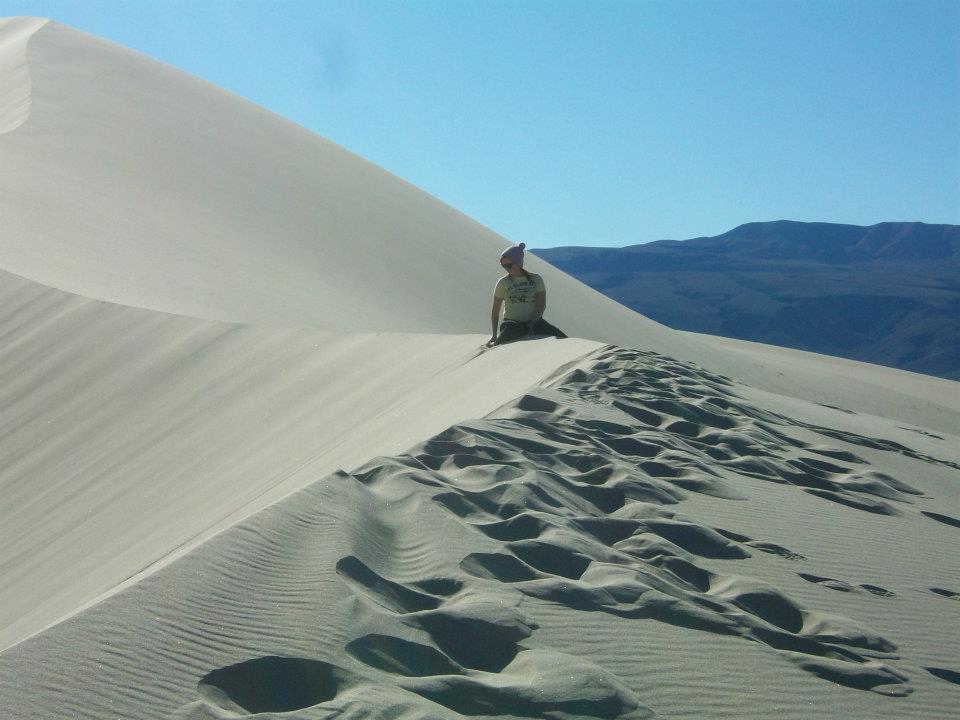
That first night in that first park, I sat cross-legged on the pink bedspread I’d slept on as a teenager. What was I thinking, I asked myself as I watched the crushing blue sky bleed red and bruise black, moving to Death Valley all alone? There was a knock on the door, but I didn’t answer. I laid on my back, absorbing the
I reached for the throw pillow behind me. A trivial thing I’d purchased in New Hampshire. The first month of college, a bus ride to the mall with new friends. Happy and indulgent with twenty dollars in the pocket of my jeans. Somehow, the fabric of the pillow still held the scent of that mall. Department store perfume, hot pretzels in the food court, the comfort of being contained within that space. There was a storage bin with other pillows. I took them out. I put them on the bed. I stayed up all night setting up the room, transforming it into a place where I could live. The fibres of the carpet held the fine dust of the desert. A tea-coloured stain on the ceiling hinted at a rainstorm the building had not been designed to withstand.
In Yellowstone,
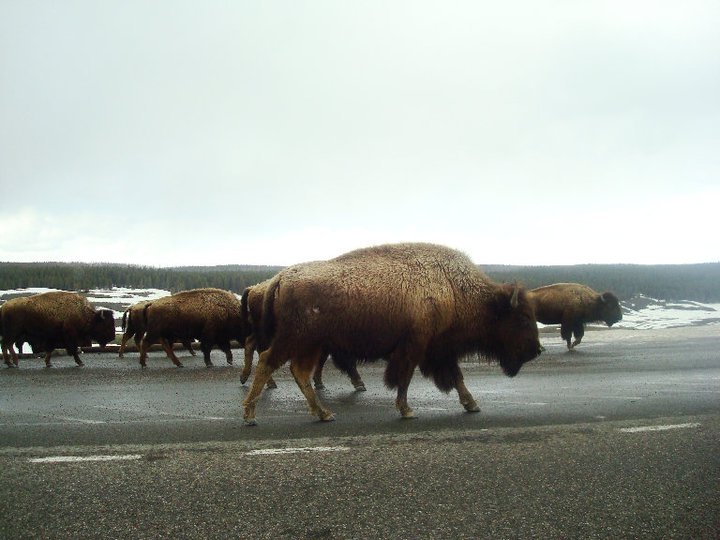
In Glacier,
“Damn,” someone said, looking at me standing there with everything I owned. “You sure all of that is going to fit in your room?”
I was sure. Even though the room was tiny, containing one bunk bed and one twin bed, I was sure. Three of us in a space for two. Other rooms were even more crowded. Multiple sets of bunk beds, so close they were almost touching.
I opened up my suitcase. I stood and visualized where things would go. I had become good at this particular geometry challenge.
“Trust me,” I assured my new roommates. I laid a woven blanket on the room’s only chair, hung photos and string lights on the wall. There was a place for everything. Soon enough, the room didn’t feel like it was too small. In this wild corner of Montana, where grizzlies and wolves and wolverines roamed, its tinyness felt protective, intentional, essential.
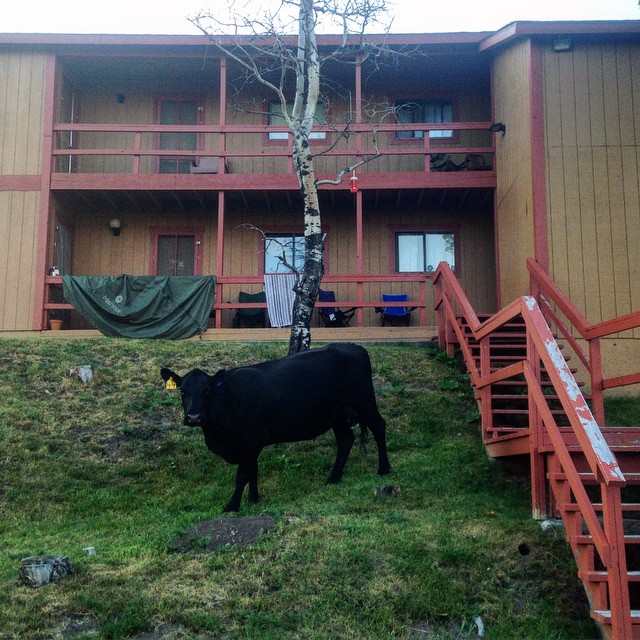
The contracts were short. A summer. A winter. But I moved in like I meant it, like I was staying forever. With each new park, the cycle began again. On each first night, panic and regret and loneliness transformed into a desire to make the bed, put clothing into the drawers, hang photos on the wall. And with this homemaking came a home. And with a home came community, familiarity, a sense of belonging. And then, the season ended.
The goodbye party, the packing of boxes, the stuffing of clothes into garbage bags. Enough gas money to drive somewhere new. Everything back in the car.
The cruel irony: by the time you get settled, it’s over.
*
In Big Bend, I planted plastic flamingos by the entrance to the trailer. A flash of hot pink in the dirt. I locked my bicycle to the railing. I mopped and swept and wiped down surfaces. I removed the tinfoil from the windows and hung curtains. I covered the couch with a quilt I’d made. I hung my clothes in the wood-panelled closet. I put clean sheets on the bed. I drove two hours to the closest Walmart in Fort Stockton, a hot, dry, isolated community on Interstate 10. A place I once heard a tourist call a gas station town, as in, somewhere to stop for fuel and a bathroom break and coffee before driving 240 miles west to El Paso or 310 miles east to San Antonio. When you work in the national parks, you are often driving a hundred miles or more to buy groceries, medicine, liquor, lipstick. The things you need. The things you want. I bought an olive-green rug, a vase with the outline of Texas on it, dish towels embroidered with what seemed to me an incantation: home sweet home.
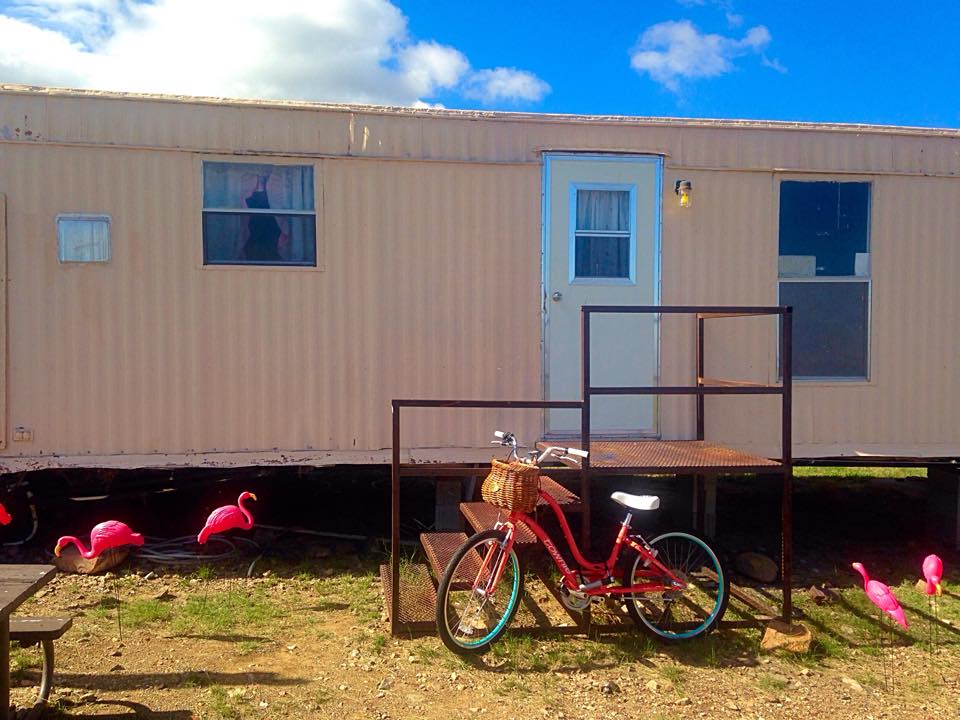
But there was still the problem of the wolf spiders. Each time I opened the cabinet, they advanced and retreated, their glowing eyes a threat in the dark, the mass of their bodies darkening the porcelain dishes. Insect repellent was not an option; the National Park Service said no pesticides. I would have to kill them with my hands, one by one, I realized, or learn to accept that they were there. I tried the former—three harrowing hours chasing after their twitching bodies, attempting to crush them with a shoe—and then settled on the latter. I closed the door of the cabinet where they nested, resigned to let them have the plates, the shelf, the entire corner. If part of making a home here meant living with them, I would.
It became a place of routines: watering the succulents on the kitchen table, watching DVDs of sitcoms on the couch, reading novels in bed. Outside, tarantulas moved like disembodied hands across the ground, roadrunners hunted lizards amongst the ocotillo, and bears crossed the Rio Grande from Mexico into Texas to give birth in the Chisos Mountains, but in the trailer, I found an ordinary life deep in the Chihuahuan Desert.
One night after dark, I walked through tall grass and heard the grunts of javelinas. As I approached the trailer, I caught their silhouettes in my headlamp light. They screeched and skittered away from me, headed for the space beneath the bedroom where they liked to hide. I stood back, gave them space, let them go where they needed to go. A mother and her three babies, a family headed home.
*
The tourists I met in the national parks kept asking me, “What are you doing after this?” And eventually, I got it into my head that there could—and maybe should—be an after this. I could have a home for more than a season. I could have friends who stuck around, a career, a regular doctor, cell phone service, a reprieve from the heartache of moving out again and again. I could attempt to live in the real world I’d been passing through on my way between vacationlands. So I moved into a townhouse in a city. At last, a collection of rooms I could fill with furniture. Walls I could paint. A garden where I could plant flowers. Neighbours I could allow myself to get
I saw the skyline from my bedroom window. I watched new buildings rise from foundations.
In my transient past, all I had wanted was to turn my temporary housing into a home. Now that I had a permanent one, I resisted it. None of the items I’d furnished my housing with in the national parks seemed to fit in the city. Nothing was big enough or nice enough. Everything I owned seemed out of context. I didn’t want to buy a couch or spend a weekend putting up wallpaper. I used to feel like I was being forced out of each new home once the seasonal contract ended, but now, the absence of an end date made me realize I had just been avoiding actually living somewhere. Maybe it was only appealing to settle down because I was just playacting.
Or maybe home isn’t the trailer or the dorm room or the cabin in the canyon. Maybe home is a forest of ancient bristlecone pines, a meadow of yellow grass, a lake with untold depths. Maybe there is no tension between settling down and leaving. There is just a desire to live everywhere.
Whatever the case may be, I know this: Tomorrow, I could get on the highway and drive west towards Death Valley, north towards Glacier, south towards Big Bend, or east towards anywhere. Any direction of travel. Any road. Any destination. And, eventually, I’d be there.

